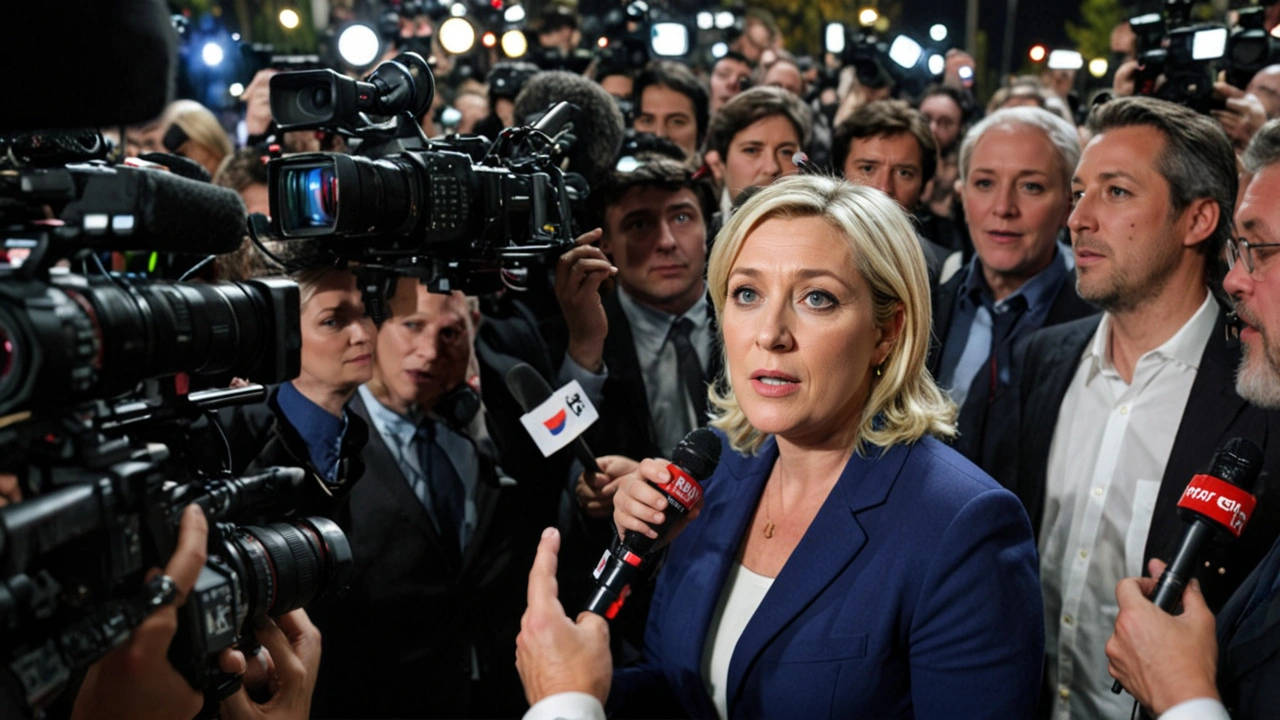Marine Le Pen: What You Need to Know Today
If you've been following French politics, you've likely heard a lot about Marine Le Pen. She's a major player who stirs up debate with her views on immigration, national identity, and France's place in the world. Whether you support her ideas or not, understanding her influence helps make sense of the shifting political landscape in France and beyond.
Who Is Marine Le Pen?
Marine Le Pen leads the National Rally party, a far-right political group in France. She’s known for pushing strong anti-immigration policies and advocating for French nationalism. Over the years, she has worked to soften her party’s image to attract more voters, moving away from some extreme labels. Despite controversies and tough criticism, she remains a prominent figure, especially during elections.
Why Does She Matter?
Le Pen’s rise signals important changes in how people across Europe think about immigration, security, and sovereignty. Many voters feel traditional parties haven't addressed their concerns, so they turn to candidates like her. Her stance challenges the status quo, forcing mainstream politicians to respond or risk losing support. She’s not just a local politician either; her views influence discussions on global trade, EU relations, and international cooperation.
If you want to keep up with news about Marine Le Pen—whether it’s election campaigns, party decisions, or policy announcements—Cape Sun News has you covered. We bring you timely updates, clear analysis, and a variety of opinions to help you understand the bigger picture. No matter where you stand, knowing what she’s up to is key to following European and world politics today.
Marine Le Pen vs. Jordan Bardella: The Power Struggle Shaping France's Future
Marine Le Pen and her protégé, Jordan Bardella, faced a setback in the French parliamentary election, with their National Rally party projected to secure 120 to 150 MPs. This outcome positions them behind Macron's coalition and the left-wing alliance, signaling a potential period of instability and internal party conflicts.

